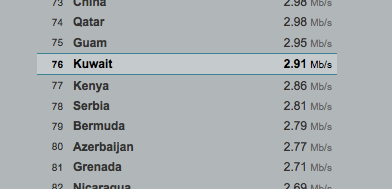
Yesterday I had a meeting at Caribou Coffee in 360 Mall and while there I spotted a friend of mine from B+F. Since their new Open Flame Kitchen project is located right next to Caribou Coffee I practically held him at gun point and forced him to give me a sneak peek at the place. I had only seen a 3D rendering before of their pizza oven which they had accidentally published on their Facebook group but other than that I hadn’t seen much else.
Well I saw the place yesterday and I managed to snap two pictures which I’ve attached to this post. Keep in mind the place is currently under construction and there is no seating, lighting or anything of the sort in place yet. There are just four large projectors to provide enough light for the construction workers. But, with these pictures you can at least get a glimpse of the interesting forms and shapes that being developed for OFK.

There are two main attraction points you will spot when you first come in. On the right side of the restaurant is their grill area where they will be grilling their steaks and burgers (the picture above). On the left side of the restaurant is their pizza oven (first picture on top). Whats cool about the pizza oven is that its an unusual shape and is covered in real gold leafs. The pizza oven also has this black circular metallic bars revolving around it which they’ve nicknamed the tornado since it takes the form of one.
They will have two separate outdoor seating areas and also a VIP room. The whole restaurant was black with black floors, black walls and a black ceiling. It’s all still under major construction so by the time it launches it will look completely different.Which brings me to the the most important subject which is the launch date. The soft opening should be at the end of June or beginning of July while the tasting should start on the 21st of this month. I’ve been nagging Bassil (the owner) for the past year to invite me to the tasting and so far it looks like my persistence has paid off since I’ve been invited to the tasting! I will NOT be on a diet for the tasting although he assured me their new menu has a lot of healthy food. Taking one day off a month shouldn’t be a problem… I hope (Fahad??).
Note: I should have mentioned this for the people who don’t know but B+F Open Flame Kitchen is part of the bigger family B+F Burger Boutique, Slider Station and B+F Roadside Diner.



















